Romania's Foreign Minister Oana Toiu on Monday participated in a ministerial meeting on trans-regional security and connectivity in the Black Sea region, organised on the sidelines of the Foreign Affairs Council (FAC), on which occasion she conveyed Romania's offer to host the EU Maritime Security Hub.
According to the Romanian Foreign Ministry (MAE), the meeting was a first opportunity for an in-depth high-level discussion on the implementation of the EU strategic approach to the Black Sea region at a relevant moment for intensifying regional cooperation amidst major geopolitical changes generated by the Russian aggression against Ukraine.
The meeting was attended, along with High Representative Kaja Kallas and Commissioners Marta Kos and Jozef Sikela, representatives of EU member states, as well as those belonging to the Eastern Partnership and Central Asian partner states.
The event included two working sessions, one dedicated to an in-depth dialogue on security, stability and resilience in the Black Sea region, and a session on the trans-regional connectivity agenda.
Toiu said that the passage of the EU strategic approach to the Black Sea region is a strong political message over the importance given to the region, especially in the current geopolitical context, as well as an EU commitment to actively supporting the efforts of partners in the region - EU member, candidate and partner States - to implement actions that contribute to the general objective of the strategic approach.
The Romanian dignitary used this opportunity to convey Romania's offer to host the EU Maritime Security Hub, which is one of the flagship projects proposed under the strategic approach. At the same time, the need to start the implementation phase as soon as possible was underlined, for which Romania envisages close cooperation and coordination of efforts with Bulgaria, as well as the involvement of the other riparian states to strengthen regional cooperation, with the objective of increasing stability, resilience and prosperity.
Toiu also underlined connectivity and resilience aspects in the sense of better crisis preparedness, also give weight to the strategic approach, especially since they directly contribute to building bridges between Europe and Asia, between the EU and its partners.
Referring to the connectivity dimension of the new strategic approach, the minister highlighted the relevance of the South Caucasus as a region that provides the connection between Europe and Central Asia. She showed that close cooperation between partners in the Caucasus and the EU is a key element in maximising the region's potential and capitalising on opportunities for economic development, digital connectivity and trade. She also referred to Romania's cooperation with the states in its region for the development of joint connectivity projects in the areas of green energy and digitalisation.
Toiu concluded by saying that Romania is ready for cooperation with EU member states, European bodies as well as with regional partners, for the implementation of all the objectives and flagship projects of the EU strategic approach to the Black Sea region.





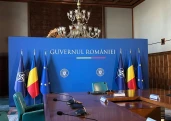
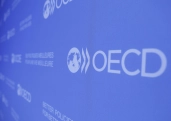
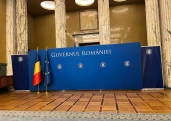












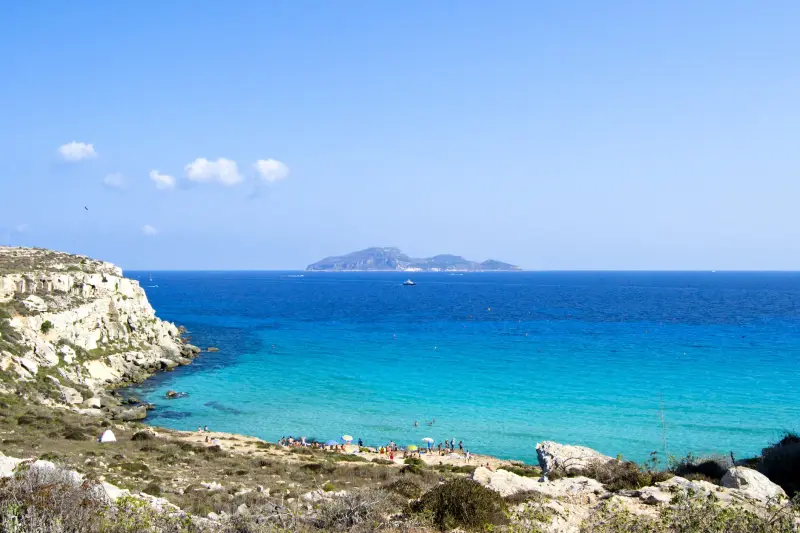
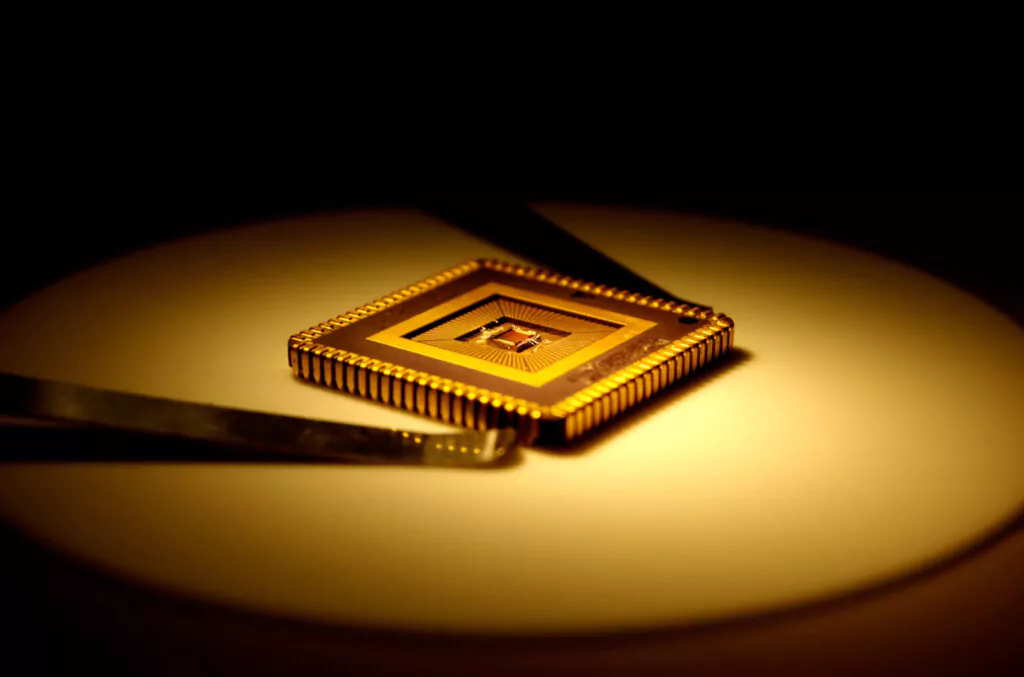










Comentează